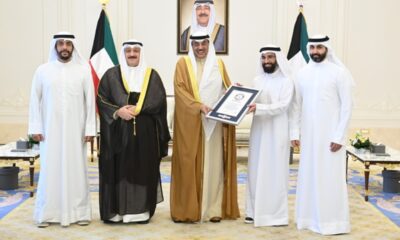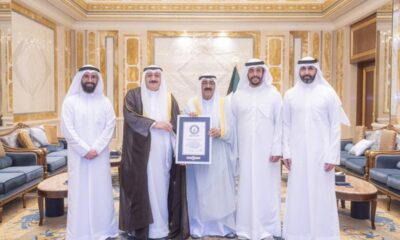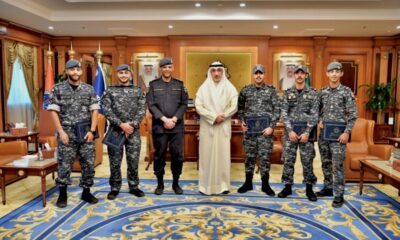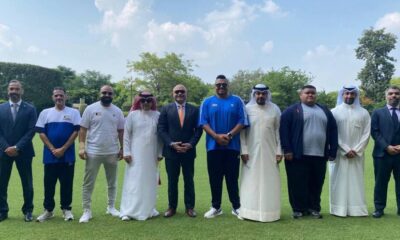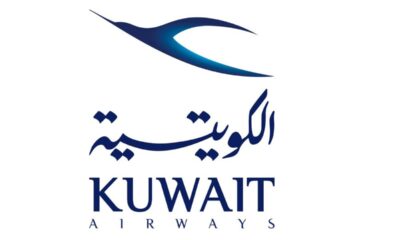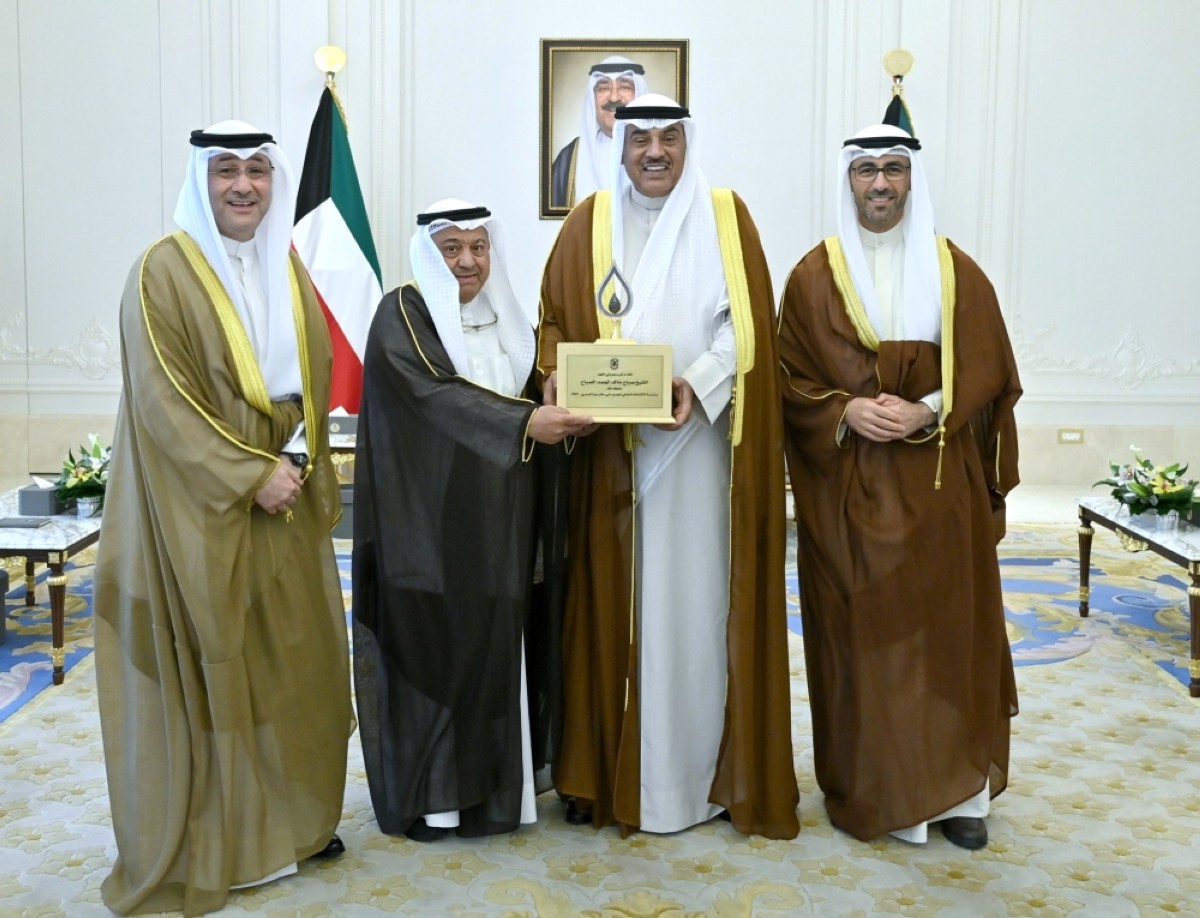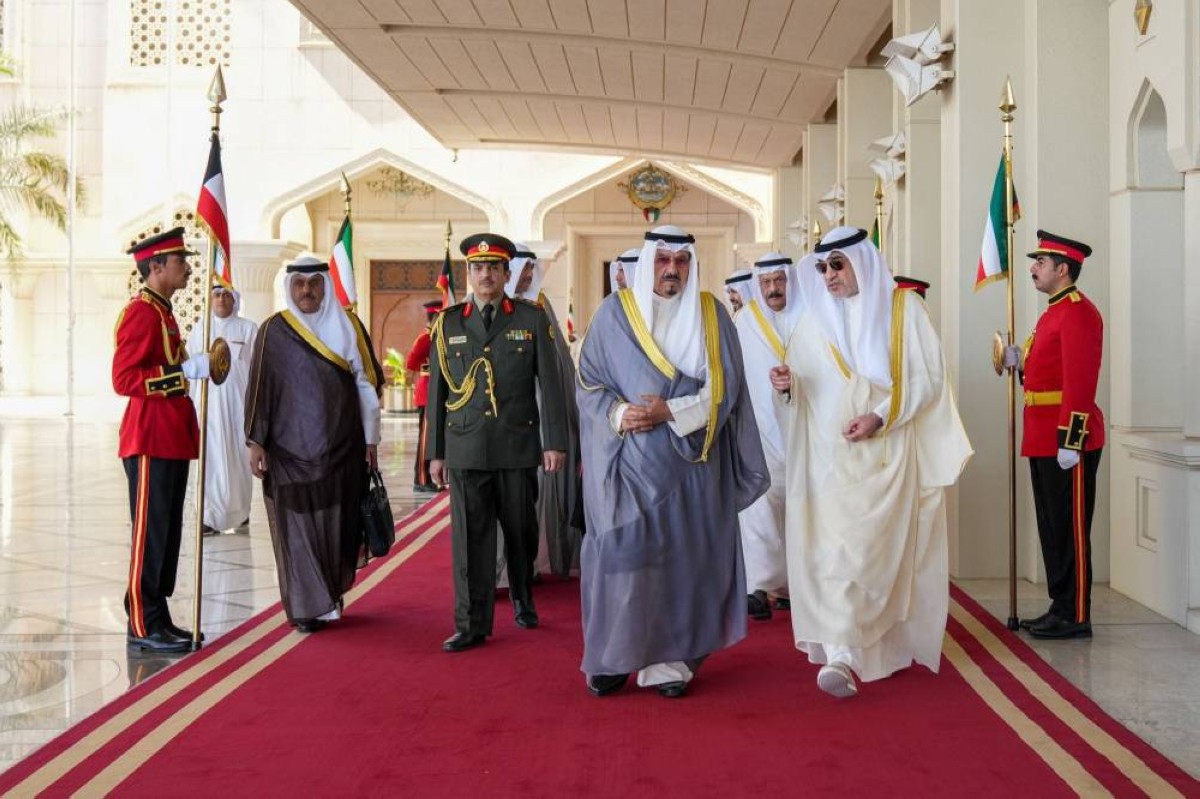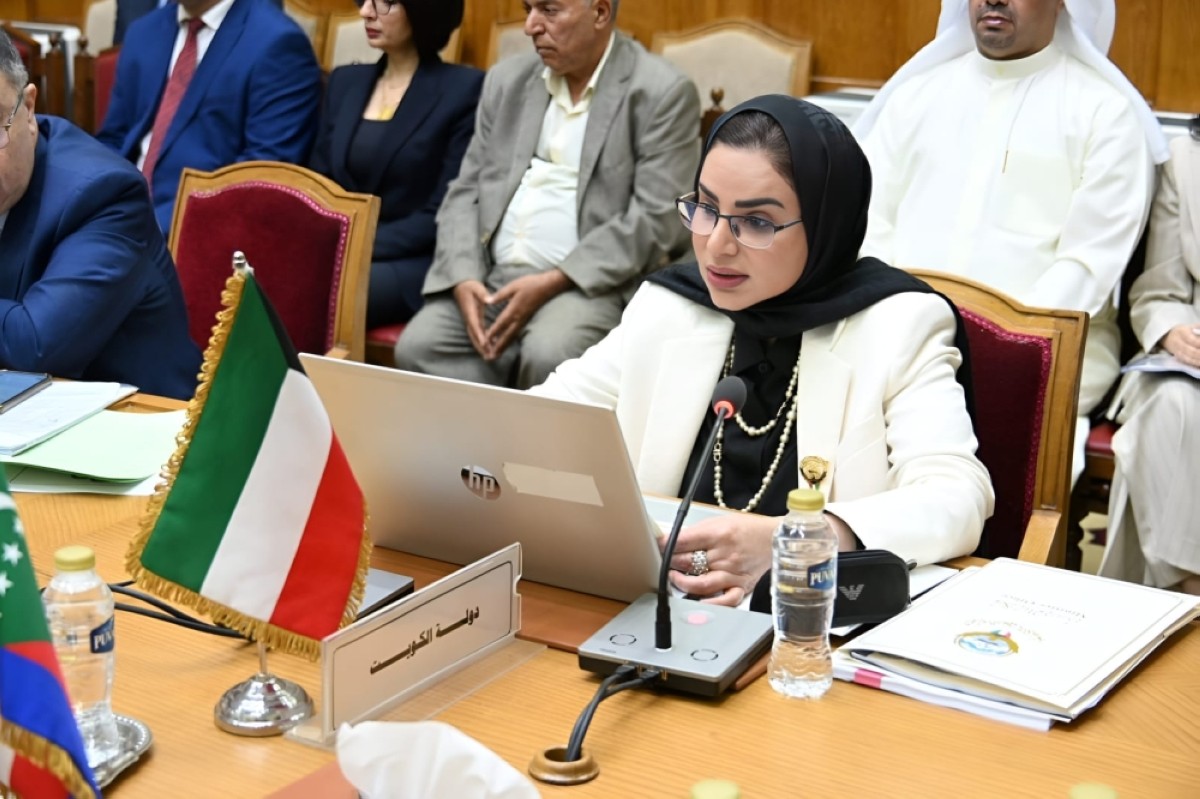Latest News
KU team ranks 2nd at Bahrain’s Green Guardians hackathon
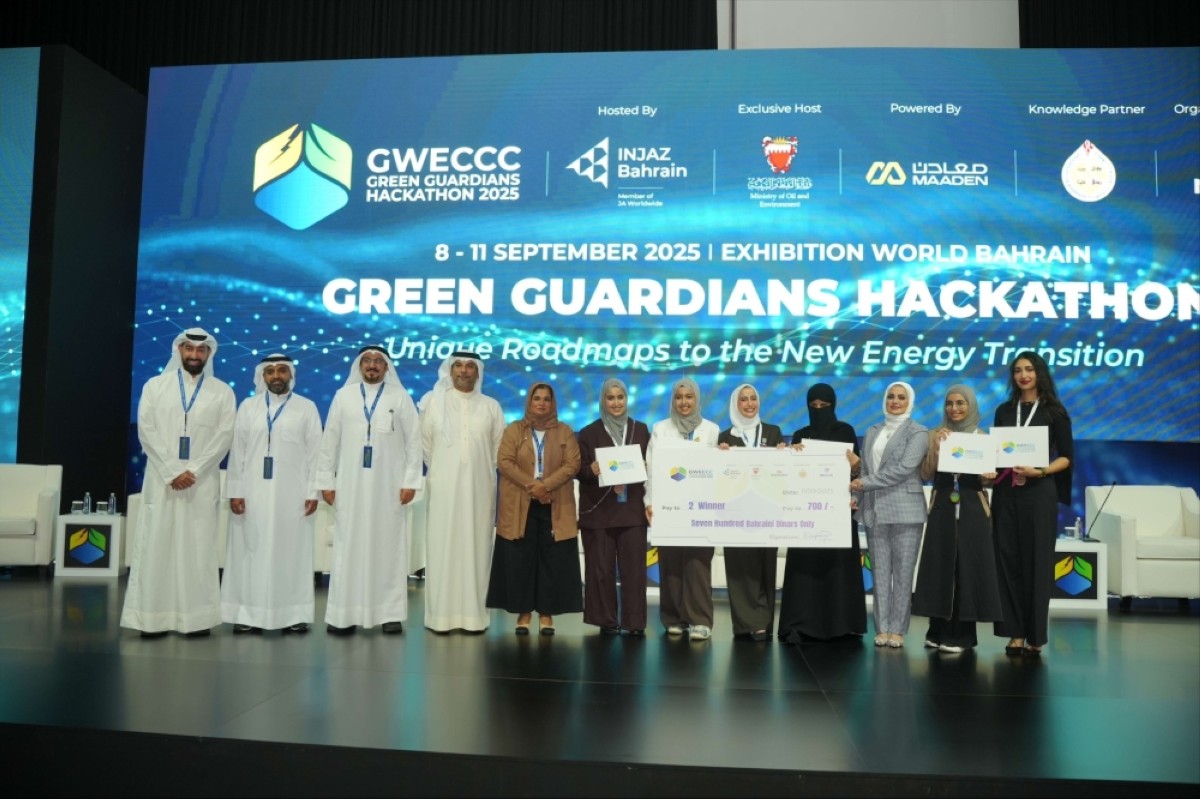
Latest News
Crown Prince receives KPC officials to mark a record offshore gas discovery
Latest News
Kuwait’s Prime Minister to represent Amir at Gaza Peace Summit in Egypt
Latest News
Kuwait promotes social justice and joint Arab developmental efforts
-

 Latest News23 hours ago
Latest News23 hours agoGraduation ceremony marks the completion of ‘Tamooh’ program
-

 Politics16 hours ago
Politics16 hours ago61 fire safety violations found in Kuwait’s Mubarakiya Market inspection
-

 Latest News17 hours ago
Latest News17 hours agoNod to conditional foreign ownership of property in Kuwait
-

 Latest News15 hours ago
Latest News15 hours agoToday in Kuwait’s history | Kuwait Times Newspaper
-

 Politics7 hours ago
Politics7 hours agoNo Punishment Without Evidence, Acquits Man In Sorcery Case
-

 Business7 hours ago
Business7 hours agoCompanies and funds can own real estate in Kuwait under strict controls
-

 Latest News7 hours ago
Latest News7 hours agoKuwait underscores the need for stronger Arab cooperation in statistics
-

 Politics6 hours ago
Politics6 hours agoHearing put off in wife murder case

